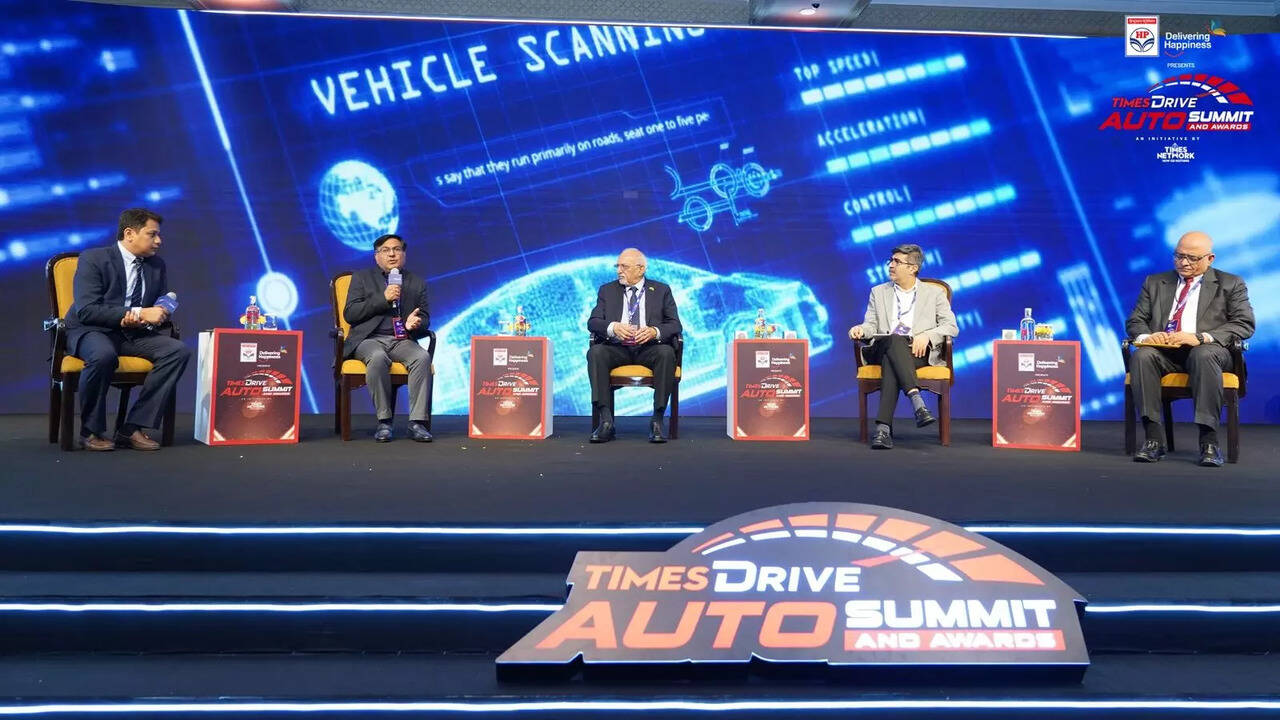
Anand emphasized the rapid growth of connected car technology, which currently stands at 26%, attributing this surge to increasing demands for road safety and smart mobility solutions. He articulated that the future of mobility will hinge on three foundational pillars: safety, smartness, and sustainability.
However, the summit also revealed significant challenges facing future mobility. Bhatia pointed out that accessibility remains a pressing concern, as technological advancements sometimes create disparities among users. He stressed that innovative solutions like high-density batteries and efficient charging infrastructures must be further developed to guarantee widespread adoption.
“Current technologies often lead to gaps in accessibility,” Bhatia stated. “It’s imperative that we focus on addressing environmental challenges while ensuring that the future of mobility is inclusive and available to all.”
As the discussions concluded, it was clear that while the potential of evolving car technologies is vast, addressing these challenges is crucial for fostering a safe, sustainable, and connected automotive future.
